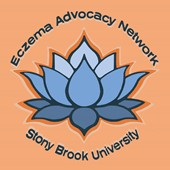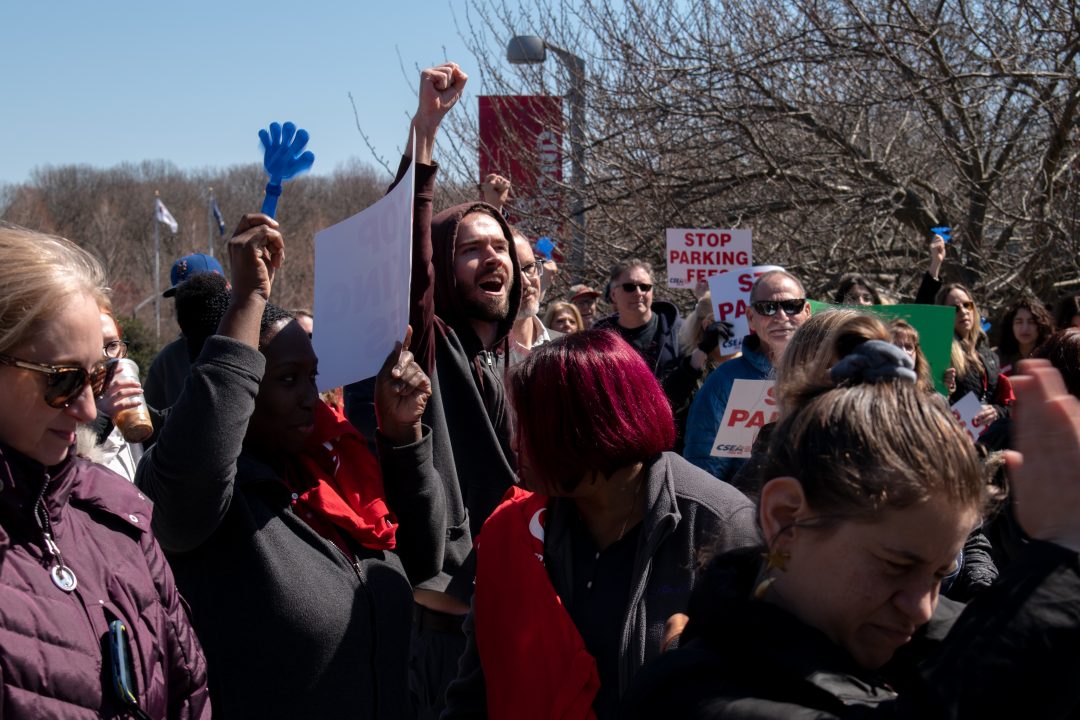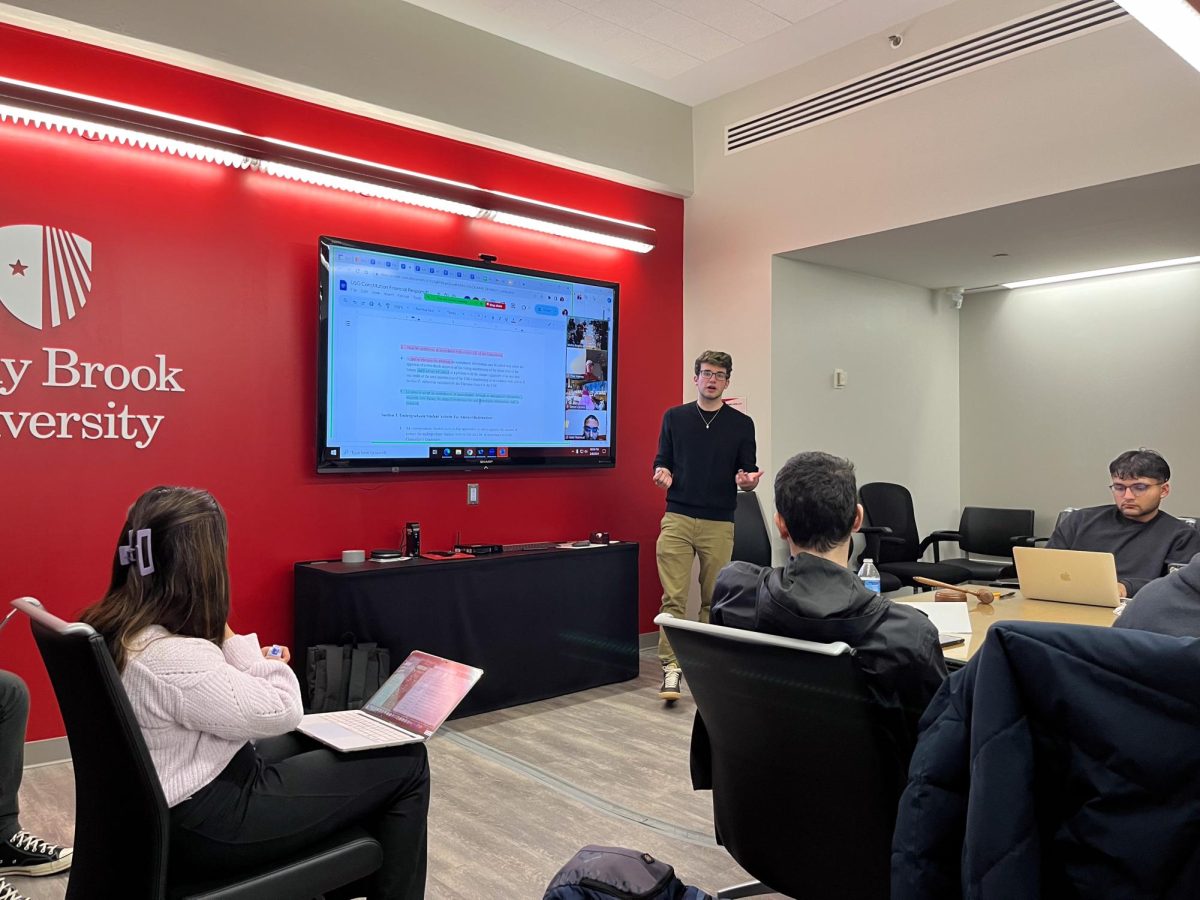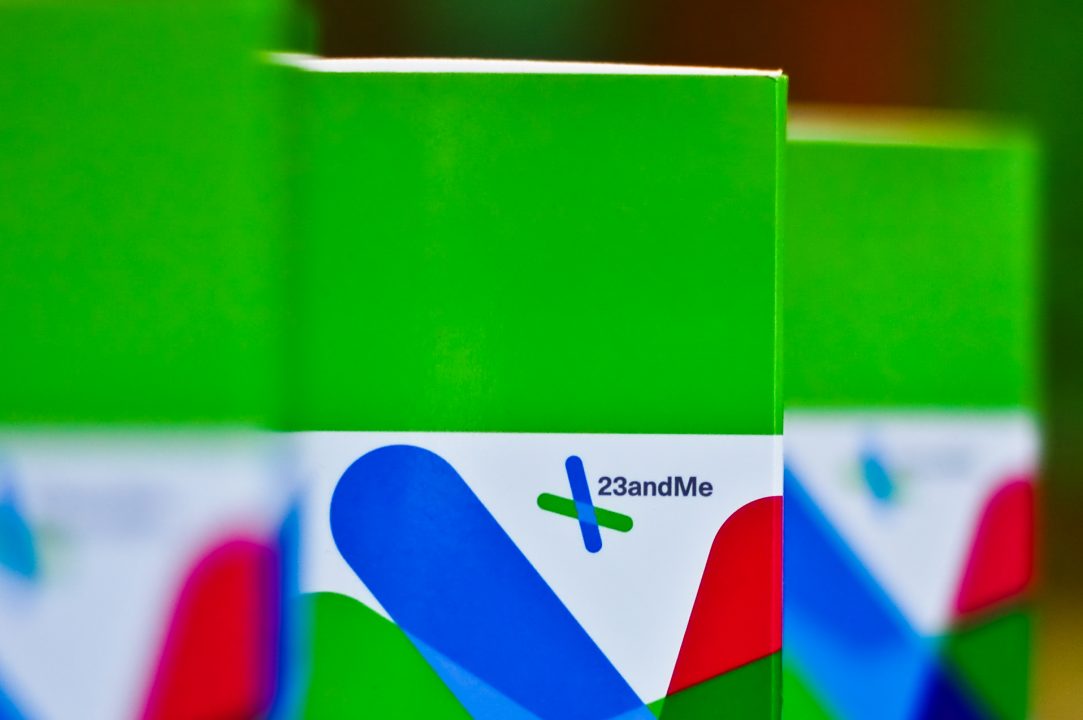
Rachel Riddle, a sophomore psychology major at Stony Brook University, founded the Eczema Advocacy Network (EAN) in fall 2022 to build a community and raise awareness for people with eczema and other chronic conditions.
In December 2021, Riddle decided to withdraw from the topical steroids prescribed to her to treat her eczema during her first semester at Stony Brook. In the following months, she went through topical steroid withdrawal (TSW).
The American Academy of Dermatology Association explains that eczema refers to a group of skin conditions — the most common of these being atopic dermatitis — which can cause symptoms including rashes, dryness and itchiness.
Due to the prescription of topical steroids being common for those with chronic eczema, they are the most common people to suffer from TSW.
According to the National Eczema Association, which Riddle is an ambassador for, TSW occurs after long-term use of topical steroids. Its symptoms include flaking, a burning sensation, redness, swelling, hair loss, fatigue and more.
“When you get to the point where it’s hard to wear clothes, or I could barely wash my face … I felt like a monster because I was getting dead skin on everything and I had all these scratches and wounds all over my body,” Riddle said.
Riddle also faced chronic fatigue and pain, which made it increasingly difficult to go to class, get food or even take showers. She relied on takeout and cans of soup in her room.
The effects of TSW continued to last for months and Riddle was forced to take time off during the Spring 2022 semester.
The National Institute of Allergy and Infectious Diseases reports that 30% of the United States population is affected by eczema, but there is still no formal diagnosis for TSW.
“We’re figuring out how to survive it as we go and sharing information with each other because it really is devastating, and it will take over your whole life, and we’re not getting support from medical professionals,” Riddle said.
Upon her return to campus in Fall 2022, Riddle was set on building a community and raising awareness so others wouldn’t experience the suffering she went through. The EAN was founded that same semester.
“This club was born out of one of the hardest times of my entire life,” Riddle said.
From the start, Riddle knew it would be a niche community and planned to center its meetings around discussions. She also hoped to build a following of people who would aid in advocating for TSW and other issues specific to eczema.
Currently, the executive board includes vice president Namrata Singh, treasurer Mingwai Lin and secretary Linna Cheung.
The club has remained small with about 10 members. Riddle has continued to hold activity-based events and offer free items, such as skincare products, to prompt engagement.
“Having a nice club like this is definitely a double-edged sword,” Riddle said. “I think it gives more opportunity for it to feel closer, more personal, but it makes it a lot more difficult to find people.”
Despite low membership, Riddle has had several experiences with students showing interest in the club and being grateful for its presence on campus.
“I had people coming up to me and being like, ‘I’ve had eczema and nobody knows what I’m going through, nobody understands it, I’m glad to see that you get it,’” Riddle said.
While eczema might be a common condition across the United States, not many understand the daily impact of chronic eczema or how severe its effects can be.
The EAN is also the only student organization on campus built for students living with any type of chronic condition out of over 350 clubs recognized by Stony Brook University.
“I think what people don’t understand is that it might be a skin disorder, but it impacts everything,” Riddle said. “It impacts what you can wear, what you can eat, what you can do on a daily basis, what kind of activities you can get involved in … it’s everything!”
One of the main goals of the EAN is to improve campus living for all students, but especially those with eczema. This would include advocating for temperature control, tests for water quality, removing mold in buildings and consistent cleaning of washing machines.
Riddle discussed how, for example, the residue left by tide pods and scent beads in washing machines can be left on someone else’s clothing and irritate their skin if they have eczema.
Sweat, heat and dryness are all also triggers for many people with eczema, so better temperature control in the university’s dorms and facilities would help combat those triggers and make more comfortable spaces for people with eczema.
While students might be irritated by a lack of cleanliness or heat control within residential halls, those with eczema or other skin conditions can find basic necessities inaccessible or damaging to their skin.
“We can really start to campaign for better accessibility on campus residences,” Riddle said.
Another goal for the organization is to build a strong community within Stony Brook, but also to connect with outside resources to advocate for people with eczema and TSW.
Riddle spoke about multiple ongoing efforts outside of Stony Brook that are currently trying to improve conditions for people with eczema in the United States.
“Getting more funding for research, and insurance policies … steroids are cheap and easy, but they’re also very harmful; and people who have eczema in a chronic way, they’re not going to be the answer,” Riddle said. “But the treatments that are the answer are in the tens of thousands range.”
Most people in the club have a skin condition themselves, or come to support those who do. Senior health science major Ketsia Olsen stated that she attended a recent EAN event for that very reason.
“My best friend has psoriasis, so I wanted to advocate for her, and then also to learn more about psoriasis and eczema,” Olsen said.
Chloe Engdor, a sophomore biochemistry major, also spoke to the personal knowledge and experience of president Rachel Riddle.
“I feel like I learn a lot every time I come here,” Engdor said. “Rachel knows a lot about eczema and everything, so she’s definitely a good person to listen to and learn from.”
For Riddle, the founding of the EAN has given her the opportunity to find others with common experiences and create a platform with which she can push for greater changes and awareness.
She emphasized the importance of sharing struggles with conditions such as eczema, and how that can become a movement for accessibility and recognition from medical professionals.
“I’ve had eczema my whole life. I was born with it and I’ll die with it,” Riddle said. “I’m just so thrilled to be able to transform lived experience into something that’s meaningful.”
For the next semesters to come, Riddle plans to expand into greater events with funding from USG and a bigger audience. One of these possible events was a discussion of skincare.
Riddle also discussed how the organization is always welcome to students with other skin conditions, and how she hopes to either work with those students in the future or begin a trend in clubs aimed towards people with chronic conditions.
“I’m kind of waiting for somebody else to come along and be like, ‘I have psoriasis,’ or whatever it may be, and we seem to have common ground in terms of accessibility needs that are not being met,” Riddle said on working with others in advocacy.
Riddle had originally planned on forming an unofficial support group for people with eczema and other chronic conditions, but in order to host a space she was required to form an official organization.
“I plan events, and I hope that I can reach my target audience of people who are struggling maybe by themselves, but the club is just a platform for that,” Riddle said.
Riddle’s experience with TSW showed her the importance of seeking support from others living with chronic conditions. After two weeks of being debilitated by TSW, she reached out to a content creator who documented their own experience with the condition.
Being able to reach out to someone who understood the pain she was experiencing helped Riddle to continue withdrawing from steroids despite the upheaval she went through.
“My messages, personally, are always open because I know what it’s like to be that lost, and really helpless, and hopeless; and ultimately my mission is to make sure that nobody else has to go through that,” Riddle said.
The EAN collaborated with the Health Professions Club, Artists in Medicine, Project Sunshine and several more to support Mentor in Medicine’s Fun and Fundraiser for Cancer. The event was held on April 5 in SAC Ballroom B from 5-8 p.m.
“You need bodies, you need people to show up and advocate,” Riddle said. “This is only our first semester, we’ve only had a couple meetings, but I’m really excited for the future and the direction we’re moving in.”


















